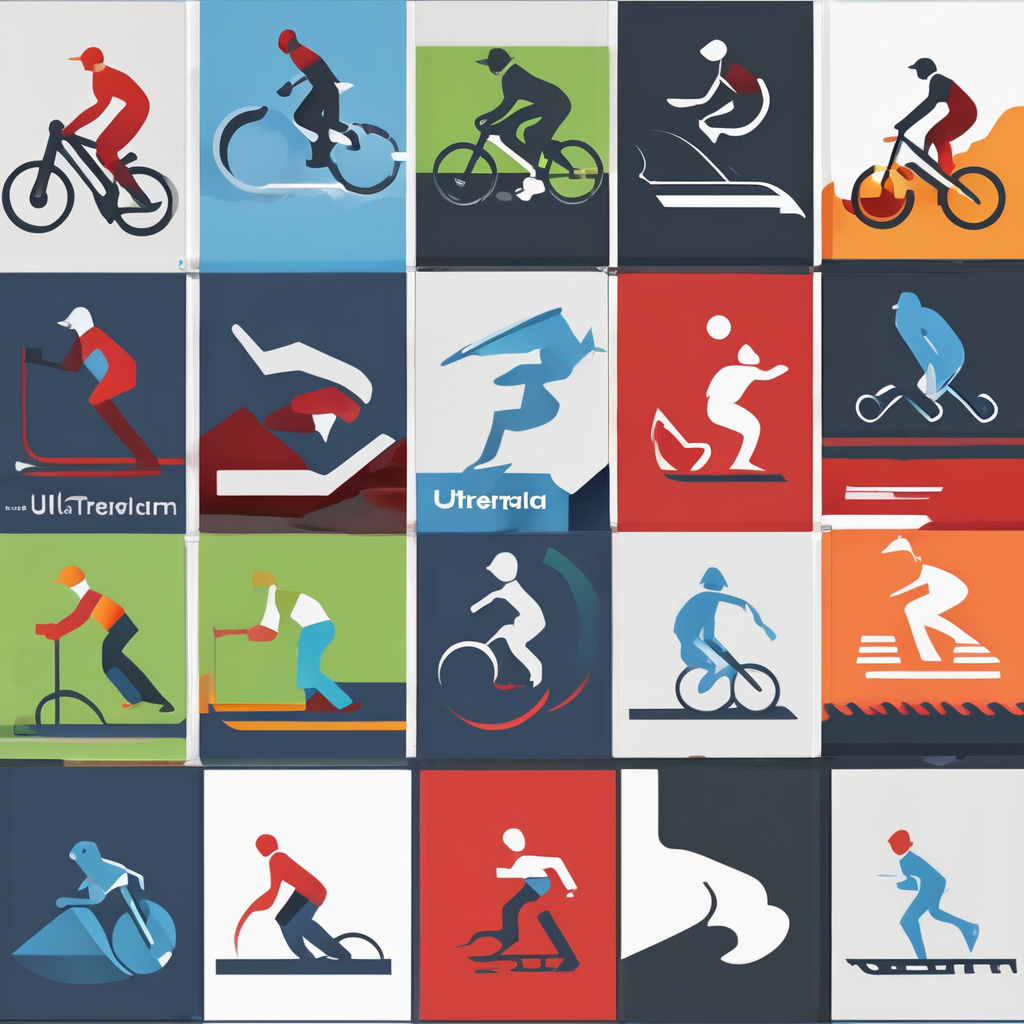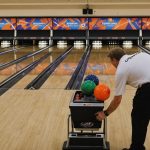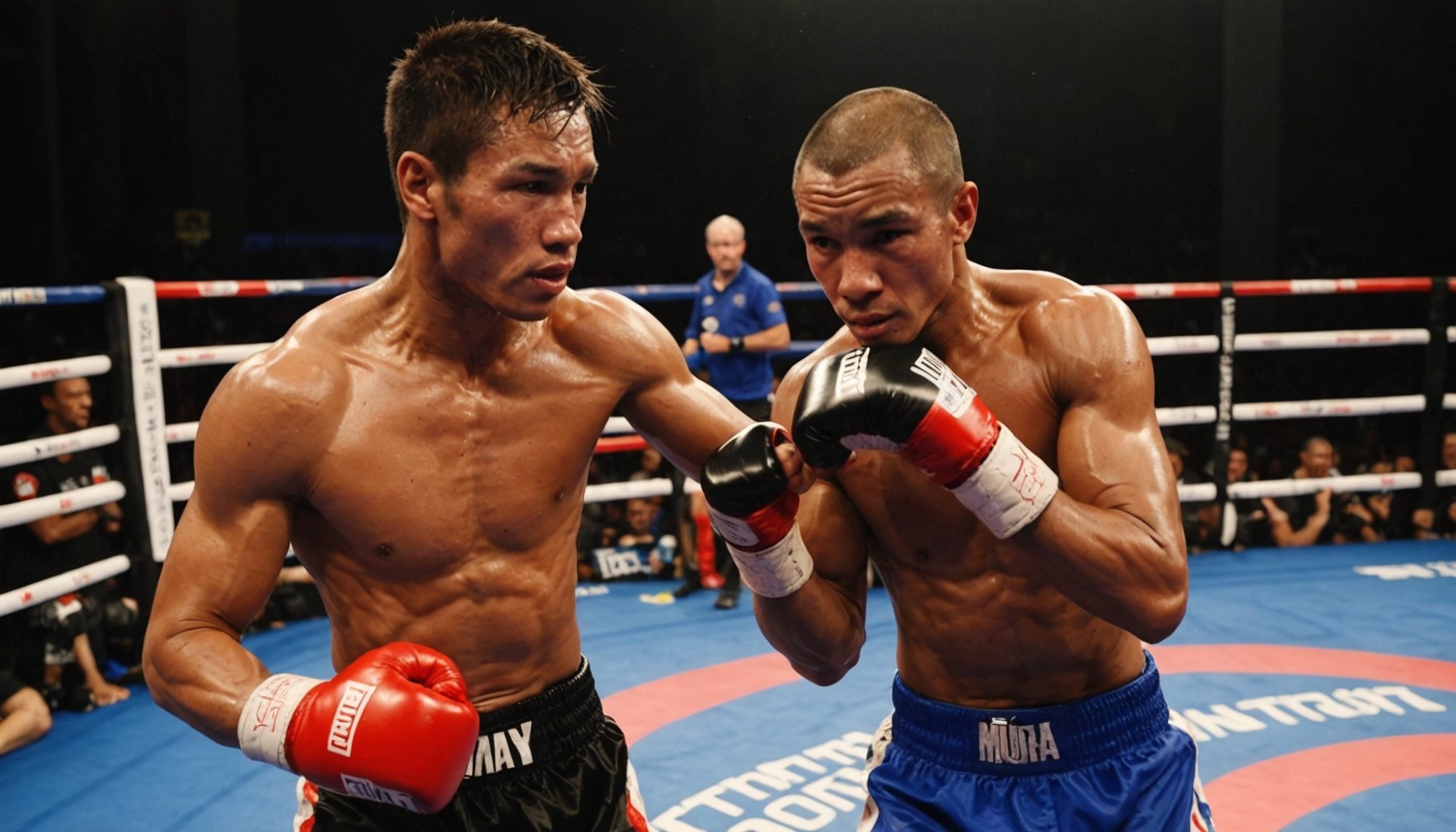Nutrition for Optimal Recovery
Achieving optimal recovery after a fight hinges significantly on a structured post-fight diet. Strategic nutrition strategies are vital as they aid in muscle repair and reduce recovery time. The inclusion of essential macronutrients—proteins, carbohydrates, and fats—plays a critical role. Proteins are fundamental for muscle repair and growth, while carbohydrates replenish energy stores, and fats support overall cellular function.
Importance of Hydration
Adequate hydration strategies are as crucial as consuming the right foods. Proper hydration helps to combat inflammation and maintain muscle elasticity. Sports drinks with electrolytes can be beneficial as they help replenish sodium, magnesium, and potassium lost during intense physical activity.
Also to see : Explore stylish and functional tactical bags for any adventure !
Sample Recovery Meals
An effective recovery plan should include meals rich in all three macronutrients. For example, a recovery meal might consist of grilled chicken breast, brown rice, and a mixed greens salad with avocado. Another example could be a smoothie made with Greek yogurt, bananas, and a tablespoon of almond butter. These meals help repair muscles, replenish glycogen, and provide healthy fats for sustained energy.
Post-fight recovery is multi-faceted, and focusing on these nutrition strategies ensures fighters return stronger and faster, primed for future challenges.
Also to see : Top Strategies for UK Boxers to Enhance Their Head Movement Skills
Hydration Techniques
Ensuring proper hydration methods is essential for athletes, particularly before and after fights, to maintain optimal performance and recovery. Water intake plays a fundamental role in this process. Drinking sufficient water before a fight helps maintain electrolyte balance, reducing the risk of dehydration and fatigue. Post-fight, it aids the body in recovering lost fluids, which is critical for muscle repair and overall recuperation.
Electrolytes, including sodium, potassium, and magnesium, are vital for muscle recovery, as they contribute to nerve function and muscle contraction. Without the right balance of these minerals, athletes may experience cramps and prolonged recovery times. Therefore, it’s crucial to replenish these nutrients promptly after intense physical activity.
For practical hydration strategies, consider drinking isotonic drinks that combine fluids and electrolytes. These recovery fluids are designed to replace lost electrolytes efficiently. Additionally, monitoring urine color—a light yellow indicates proper hydration—can help avoid over or under-hydration.
Adapting these hydration methods to individual needs enhances performance by ensuring the body remains in a state of electrolyte balance, facilitating quicker recovery and better endurance. Remember, developing a hydration plan tailored to your specific requirements is essential for maintaining peak athletic condition.
Rest and Sleep Protocols
Recovery sleep plays a crucial role in enhancing a fighter’s performance and overall well-being. Proper rest duration is essential for allowing the body to heal and recuperate from strenuous training sessions and intense fights. Generally, it’s recommended that fighters aim for 7-9 hours of quality sleep per night. This ensures the body undergoes the necessary repair processes, consolidating learning and memory functions that can aid in future combat strategies.
Improving sleep hygiene is vital for maximizing the benefits of recovery sleep. Strategies include establishing a consistent sleep routine, ensuring a comfortable sleep environment, and reducing exposure to screens before bedtime. This aids in aligning the body’s natural circadian rhythm, making it easier to both fall and stay asleep.
The impact of rest on performance cannot be underestimated. Adequate recovery sleep directly influences cognition, decision-making, and reaction times, all critical components in fighting. Without sufficient rest, a fighter risks decreased effectiveness, slower reflexes, and increased vulnerability to injuries. Thus, prioritizing rest and practising good sleep hygiene allows fighters to maintain their peak performance and extend their careers.
Encouraging optimal rest practices prepares fighters not only for their next bout but also fortifies them against the physical and mental demands of their profession.
Injury Prevention and Management
In Muay Thai, injury prevention is crucial for maintaining performance and longevity in the sport. Common injuries include sprains, bruises, and knee injuries. To prevent these, it is essential to focus on proper warm-ups and stretching routines. Recovery exercises play a vital role in rehabilitation. Techniques like dynamic stretching, strength training, and balance drills are known to avoid overstress on muscles and joints. Physical therapy can provide tailored exercises to accelerate healing post-injury.
Understanding the signs of when to seek professional help is important. Some injuries may seem minor but can worsen without appropriate care. Persistent pain, swelling, or inability to move a joint indicate that it’s time to consult a healthcare professional or a physical therapist.
Here are some tips for managing injury prevention effectively:
- Always use protective gear such as shin pads and hand wraps.
- Listen to your body; rest when necessary to avoid overtraining.
- Incorporate yoga or Pilates for flexibility and core strength improvement.
Recovery exercises, combined with proper physical therapy, not only aid in faster recovery but also in building resilience against future injuries. By adhering to these strategies, athletes can maintain their performance and enjoy prolonged careers.
Mental Recovery Practices
The significance of mental recovery is as crucial as physical recovery for any fighter. Addressing the psychological aftermath of a fight helps maintain overall well-being, which in turn enhances performance in future encounters. After a match, the adrenaline and tension can linger, potentially hindering both mental clarity and emotional stability.
Techniques for Stress Management Post-Fight
Post-fight routines often integrate stress management techniques to facilitate mental unwinding. Taking the time to decompress is beneficial, and methods such as controlled breathing exercises or engaging in personal reflection can significantly reduce cortisol levels. Visualization of peaceful scenarios or replaying successful moments can also be pivotal in calming anxious thoughts.
Benefits of Mindfulness and Relaxation Exercises for Fighters
Integrating mindfulness practices offers profound benefits for fighters. Techniques like meditation and yoga encourage present-focused awareness, which is essential in reducing distractions and enhancing resilience under pressure. These exercises not only improve concentration, but they also foster emotional balance. This harmonious state ensures that a fighter remains disciplined and composed both in and out of the ring.
To sum up, mental recovery, encompassing mindfulness and stress management techniques, fortifies a fighter’s mental arsenal, providing essential tools to overcome the psychological strains of their demanding sport.
Expert Tips and Personal Anecdotes
In the world of professional fighting, recovery tips from seasoned athletes are invaluable for enhancing performance and longevity. Veterans of the sport emphasize the importance of maintaining a balance between intense training and adequate rest. A commonly shared insight from fighter experiences involves setting aside dedicated days for mental and physical rejuvenation, allowing the body to repair and the mind to reset.
Trainers, too, advocate for a systematic approach to post-fight recovery. Expert advice often highlights the necessity of integrating practices such as massage therapy, hydration, and nutrition into one’s routine. These measures ensure optimal muscle recovery and energy replenishment, setting the stage for improved endurance and strength in subsequent fights. Therapies like cold showers and compression garments are also lauded for their efficacy in reducing inflammation.
Incorporating personal narratives, fighters frequently recount stories of recovery challenges and triumphs. One athlete described his reliance on meditation and yoga following a particularly grueling match as pivotal in regaining mental clarity and physical readiness. Another referenced the transformative impact of adopting a plant-based diet, attributing quicker recovery times and increased stamina to the change. Such anecdotes not only offer a glimpse into personal journeys but also inspire fellow fighters seeking effective recovery pathways.











